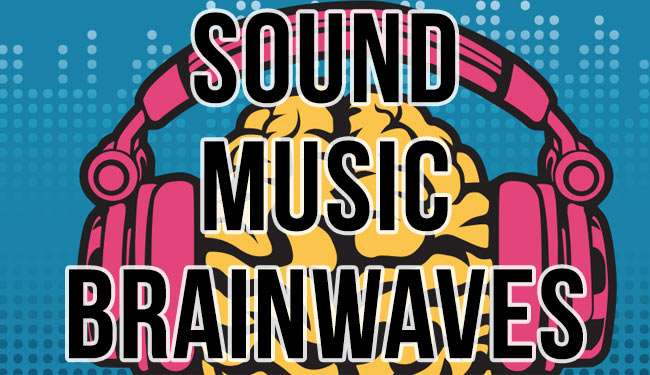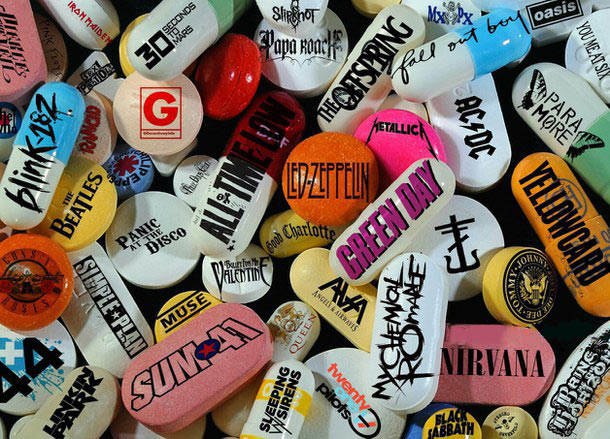Sound, Music And Brainwaves
music·@rossenpavlov·
0.000 HBDSound, Music And Brainwaves
### When we hear speech, the electromagnetic waves in our brains sync with the rhythm of the consonants of the speaker. This helps us understand what he or she is saying to us. This also happens when we listen to music. It's a well-known fact that the heartbeat syncs to the speed of the rhythm of music. That's why slow music seems more relaxing and fast music - energetic. *** <center></center> *** ##### Scientists the from the University of New York have recorded the brain waves of musicians and nonmusicians. It turned out that the brainwaves of both groups synchronized two types of brain waves - [delta and theta](http://remoteviewinglight.com/html/brainwaves-alpha-theta-delta.html) - with the rhythm of the music. ##### Syncing with the music helps us decode it, the team concluded. Our brains collect the information from the sound, reorder it into small portions so it can be processed and perceived. However, with some peculiar and slow musical works, the second group had difficulty synchronizing. Some volunteers have even said they can not perceive these slow rhythms. The researchers believe that the talent of the musicians helps them to be more successful in these slower pieces, breaking the rhythms into smaller portions. This skill helps the musicians to process the slower pace better. One of the theories is that the musicians have listened to and played many different types of music, allowing them to draw from a larger database. ##### This mechanism used in speech recognition can be imperfect in some, leading to conditions as dyslexia. The brain's speech and music circuits overlap. 80% of epileptic seizures come from the same region of the brain where music perception is being processed. We have a place in our brain dedicated to encoding music, how cool is that?! Listening or playing music can be very useful for people with dyslexia. In fact, experiments have shown that music education really helps children who have difficulty reading. ### What does that mean? So far not much really, as scientists are still unraveling these phenomena. Imagine in the future instead of a handful of pills you will get a recipe for listening to music. *** <center></center> *** ###### <center> Sources: [1](https://www.newscientist.com/article/mg22830452-100-musical-training-may-give-your-brain-waves-more-rhythm/);[2](http://www.pnas.org/content/112/45/E6233.full);[3](http://s7.favim.com/610/150329/band-blink-182-drugs-green-day-Favim.com-2605124.jpg);[4](http://sites.psu.edu/siowfa15/wp-content/uploads/sites/29639/2015/09/brain_headphones_image.jpg)</center> #### <center>-</center> <center>https://steemitimages.com/0x0/https://s23.postimg.org/ggouzbb0r/follw.gif</center> <center>[<img src="https://steemitimages.com/DQmViRAidDZzoHr4hBKDU5Hz7v3Q4tJiNNon59968EDuN4U/bgtrail1footer.gif">](https://steemit.chat/channel/Bulgaria)</center>
👍 bilalsohail, baconaught, edgarsart, michaellamden68, trogdor, sature, artem-sokoloff, breezin, angel76, coininstant, honusurf, wthomas, dracosalieri, samstonehill, mangomonk, dailybitcoinnews, matt-a, bosjaya, sandra, ihashfury, jason, insteadofmoney, shaharyar112, slowwalker, betelzeus, jurgan, happyphoenix, happychau123, soundwavesphoton, rossenpavlov, freshstuff, stonedfood,